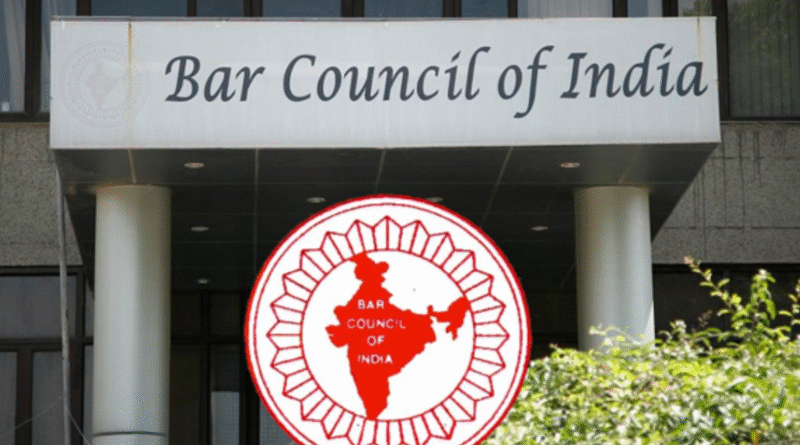No New Law Colleges in India for 3 Years, Rules BCI
The Bar Council of India (BCI) has announced a three-year ban on setting up new law colleges across the country. This decision aims to stop the rapid growth of substandard institutions and to protect the quality of legal education.
According to the BCI’s press release dated 13 August, the move is necessary to address the declining standards in legal education. The Council cited concerns such as unchecked approvals by State Governments, university affiliations without proper inspections, lack of qualified faculty, commercialisation of education, and academic malpractices.
During the moratorium, existing law colleges will not be allowed to add new sections, courses, or batches without BCI’s prior approval. Any such proposals will undergo strict scrutiny and compliance checks. However, applications already under consideration before the start of the moratorium will be processed as per the law.
The BCI stated there are already enough law colleges in India, and the focus should now be on improving quality rather than increasing numbers. It has advised universities, State Governments, and other institutions not to submit proposals for new law colleges during this period.
In these three years, BCI will carry out more inspections of existing colleges and may close or derecognise those that fail to meet standards. Violations may lead to withdrawal of approval, cancellation of degrees issued in breach of rules, disqualification of graduates from enrolling as advocates under the Advocates Act, 1961, and possible legal action against the institutions and authorities involved.
Some exemptions will apply for colleges serving socially and educationally backward classes, Scheduled Castes, Scheduled Tribes, Economically Weaker Sections, persons with disabilities, and those proposed in remote, tribal, or aspirational districts. State and central universities established by law or recommended by competent ministries may also be exempted. Even then, proposals must meet strict requirements, including valid NOCs, prior university affiliations, sufficient infrastructure, and faculty strength.





